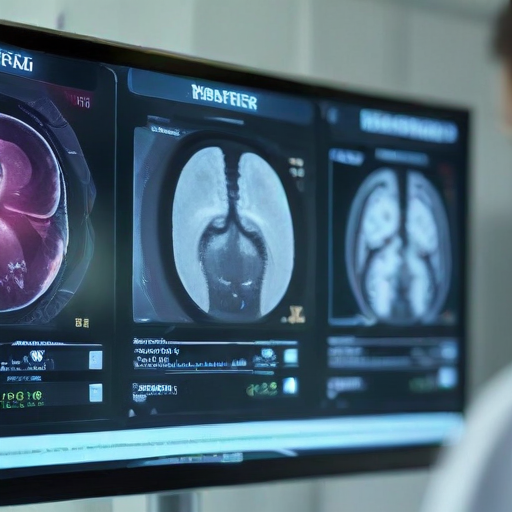An AI healthcare firm has announced that its advanced software can identify the extent of prostate cancer with greater accuracy than traditional medical assessments. Avenda Health conducted a study involving ten doctors, each evaluating 50 prostate cancer cases. The findings revealed that Avenda’s Unfold AI software achieved an impressive accuracy rate of 84.7%, compared to the manual detection rates of physicians, which ranged between 67.2% and 75.9%.
The research, conducted in collaboration with UCLA Health and published in the Journal of Urology, highlighted the substantial advantages of utilizing AI in cancer contouring, resulting in predictions of tumor sizes that were 45 times more accurate and consistent than traditional methods.
Shyam Natarajan, assistant adjunct professor of urology, surgery, and bioengineering at UCLA and the study’s senior author, stated, “The use of AI assistance made doctors both more accurate and more consistent, leading to greater agreement among physicians.”
Typically, doctors rely on MRI scans to assess tumor sizes; however, Dr. Wayne Brisbane, an assistant professor of urology at the David Geffen School of Medicine at UCLA, noted that some tumors may not be visible on MRIs. In such cases, AI proves to be an invaluable tool, enhancing detection capabilities where traditional imaging falls short.
Looking to the future, Brisbane emphasized that the incorporation of AI in cancer treatment could pave the way for more customized and effective healthcare solutions, ensuring that treatments are better suited to individual patient needs, thus enhancing the chances of overcoming the disease.
Dr. Shyam Natarajan, CEO of Avenda Health, expressed optimism over the validation of these innovations through the study, which has garnered recognition from the American Medical Association.
Prostate cancer poses a significant health challenge, with approximately 1 in 8 men expected to receive a diagnosis in their lifetime, and around 1 in 44 succumbing to the illness, according to the American Cancer Society. In 2023, it is projected that the US will witness 299,010 new cases, with an estimated 35,250 fatalities resulting from the disease.
The integration of AI in cancer detection represents a hopeful advancement in the medical field, potentially leading to enhanced outcomes for prostate cancer patients by enabling more precise tracking and personalized treatments. This progress signifies a promising future where technology plays a crucial role in combating cancer and improving patient care.
